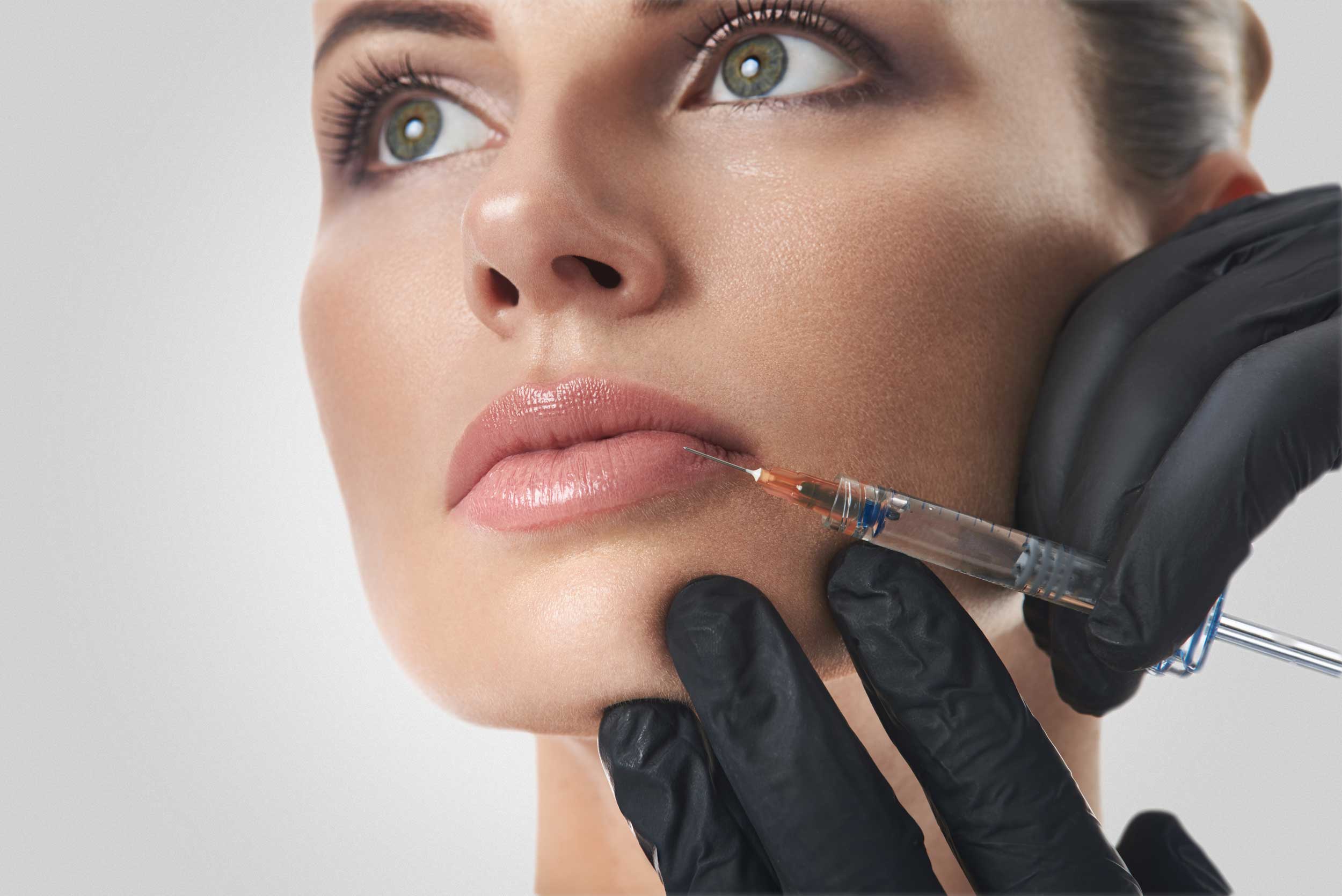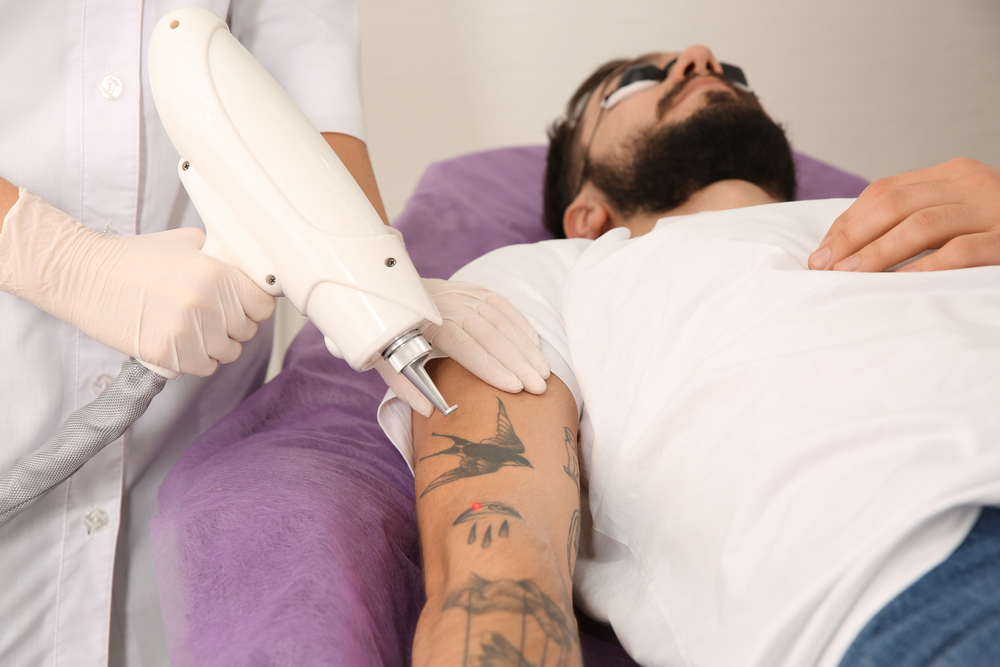
Skin cancer affects more than one in five Americans, making it one of the most common forms of cancer. Understanding this condition and the specialized care available can help patients make informed decisions about their treatment options. Here is more information on what dermatology encompasses, the nature of skin cancer, and the comprehensive care dermatologists provide to patients facing this diagnosis:
What Is Dermatology?
Dermatology is a medical specialty focused on diagnosing and treating conditions affecting the skin, hair, and nails. Dermatologists undergo specialized training that prepares them to manage complex skin conditions effectively. The field encompasses both medical and surgical approaches to treating various skin disorders.
The scope of dermatology extends beyond cosmetic concerns to encompass serious medical conditions, such as skin cancer. Dermatologists use advanced diagnostic techniques and treatment methods to address conditions ranging from common skin irritations to life-threatening malignancies. Their expertise covers preventive care, early detection, and comprehensive treatment of skin-related health issues.
What Is Skin Cancer?
Skin cancer occurs when skin cells undergo abnormal changes and begin growing uncontrollably. This process creates malignant tumors that can invade surrounding tissues and potentially spread to other parts of the body. The three primary types include basal cell carcinoma, squamous cell carcinoma, and melanoma.
Basal cell carcinoma is the most common form and typically develops slowly, with a minimal risk of spreading. Squamous cell carcinoma grows more aggressively than basal cell carcinoma and carries a higher risk of metastasis. Melanoma, while less common, poses the greatest threat due to its tendency to spread rapidly to other organs if left untreated.
What Causes It?
Ultraviolet radiation from sun exposure serves as the primary cause of most skin cancers. Both UVA and UVB rays damage the DNA within skin cells, leading to mutations that can trigger the growth of cancerous cells. Cumulative exposure over time increases risk, particularly for individuals with fair skin, light eyes, or a history of severe sunburns. Other risk factors include genetic predisposition, weakened immune systems, and exposure to certain chemicals or radiation.
What Care Do Dermatologists Provide?
Dermatologists provide comprehensive skin cancer care through a range of treatment modalities tailored to each patient’s unique condition. The treatment approach depends on factors such as the type, size, location, and stage of the cancer. Early detection helps improve treatment outcomes and reduces the need for extensive interventions.
Non-Surgical Treatments
Topical medications provide effective treatment for certain superficial cancers and precancerous conditions. These medications work by targeting abnormal cells while preserving healthy surrounding tissue. Intralesional injections deliver medication directly into cancerous lesions, offering concentrated treatment with minimal systemic effects. Superficial radiation therapy uses targeted radiation beams to destroy cancer cells in specific areas.
Surgical Treatments
Curettage and desiccation involve scraping away cancerous tissue, followed by electrical treatment to destroy remaining abnormal cells. This procedure is effective for small, superficial cancers. Surgical excision removes the entire tumor along with a margin of healthy tissue to reduce recurrence risk. This method allows pathologic examination of the removed tissue to confirm complete cancer removal.
Mohs micrographic surgery is a standard for treating high-risk cancers. This specialized technique removes cancer layer by layer while immediately examining each section under a microscope. The process continues until no cancer cells remain.
Learn More About Dermatologic Advancements
Understanding skin cancer and available treatment options helps patients make informed decisions about their care. Dermatologists provide comprehensive evaluation and treatment using the most current medical and surgical techniques. Contact a qualified dermatologist if you notice any changes in your skin or would like to establish a routine screening schedule.





